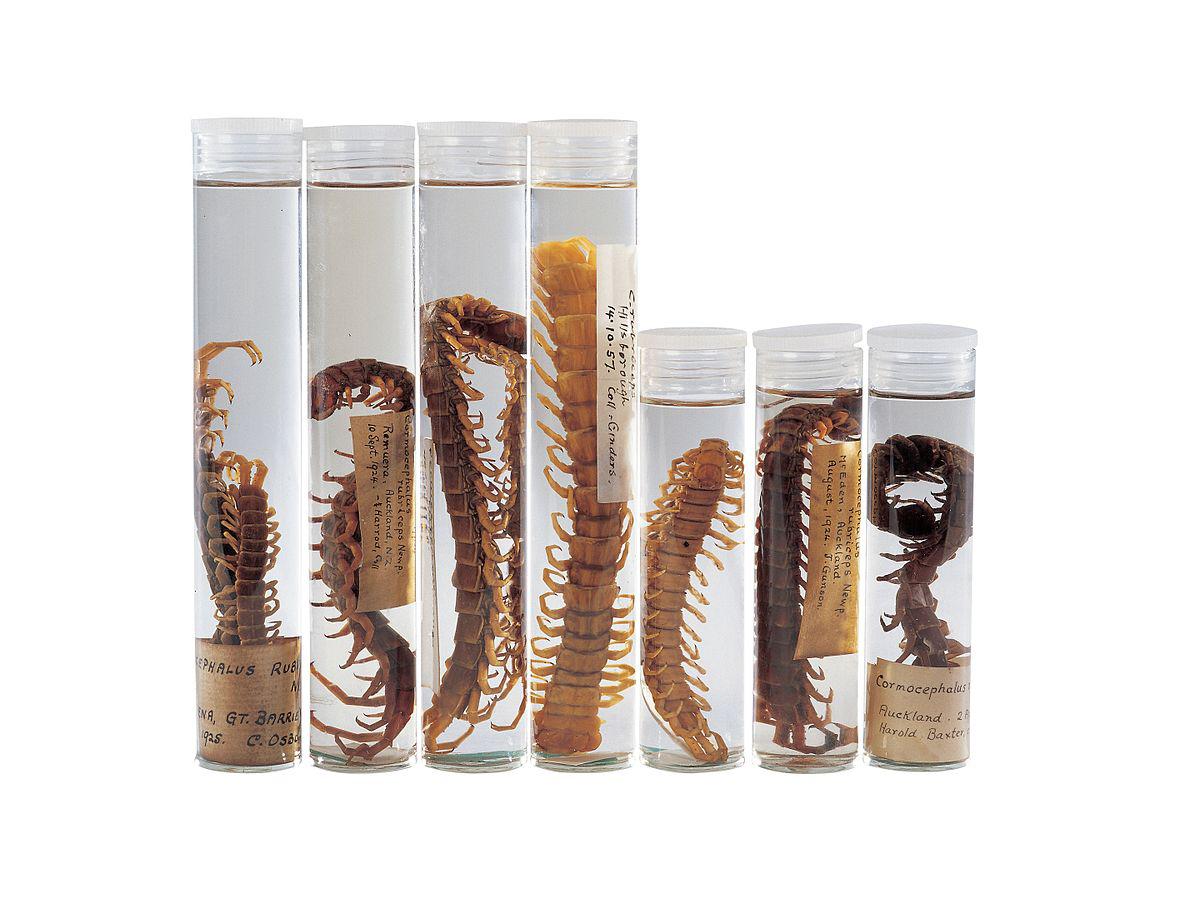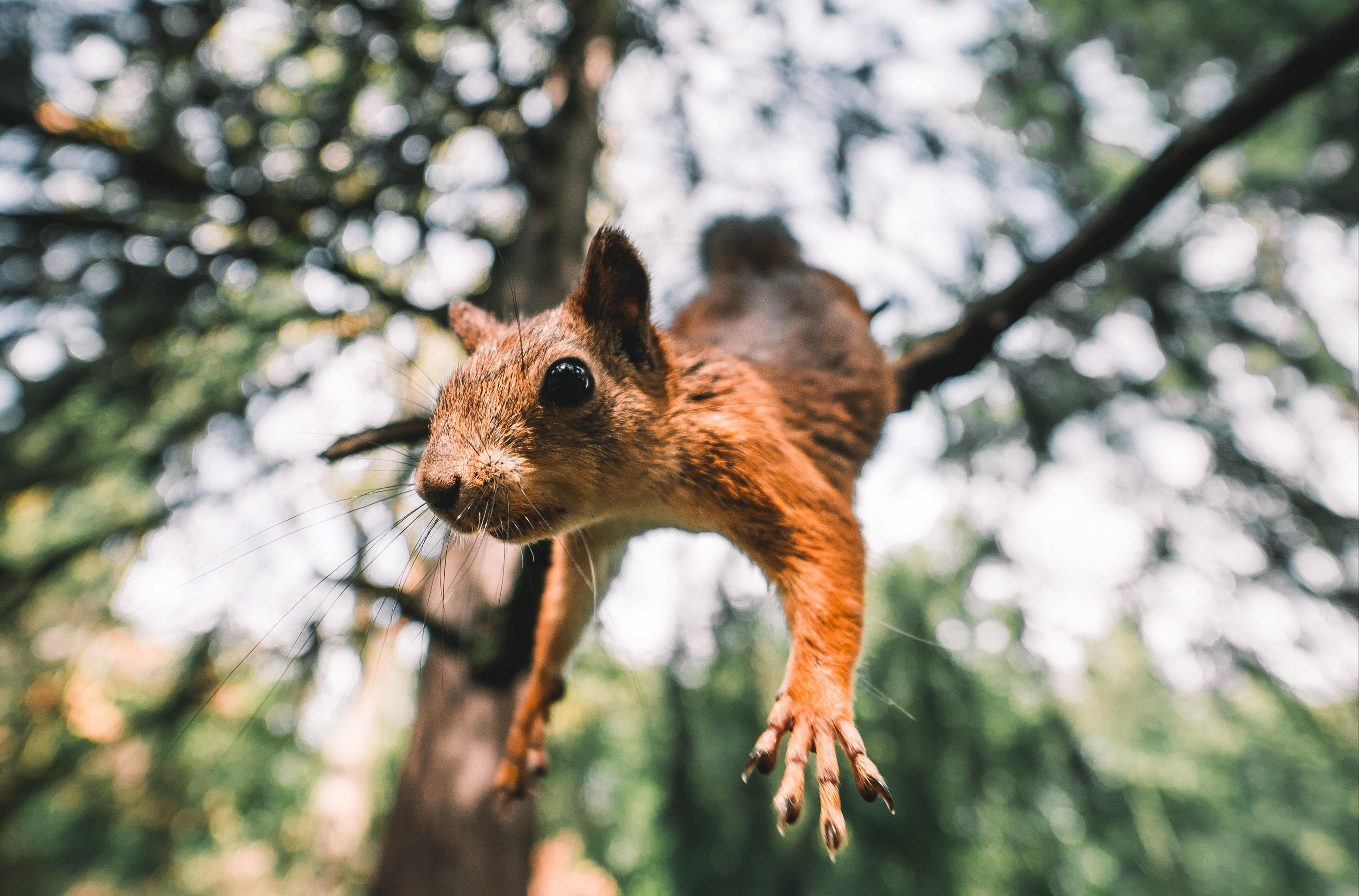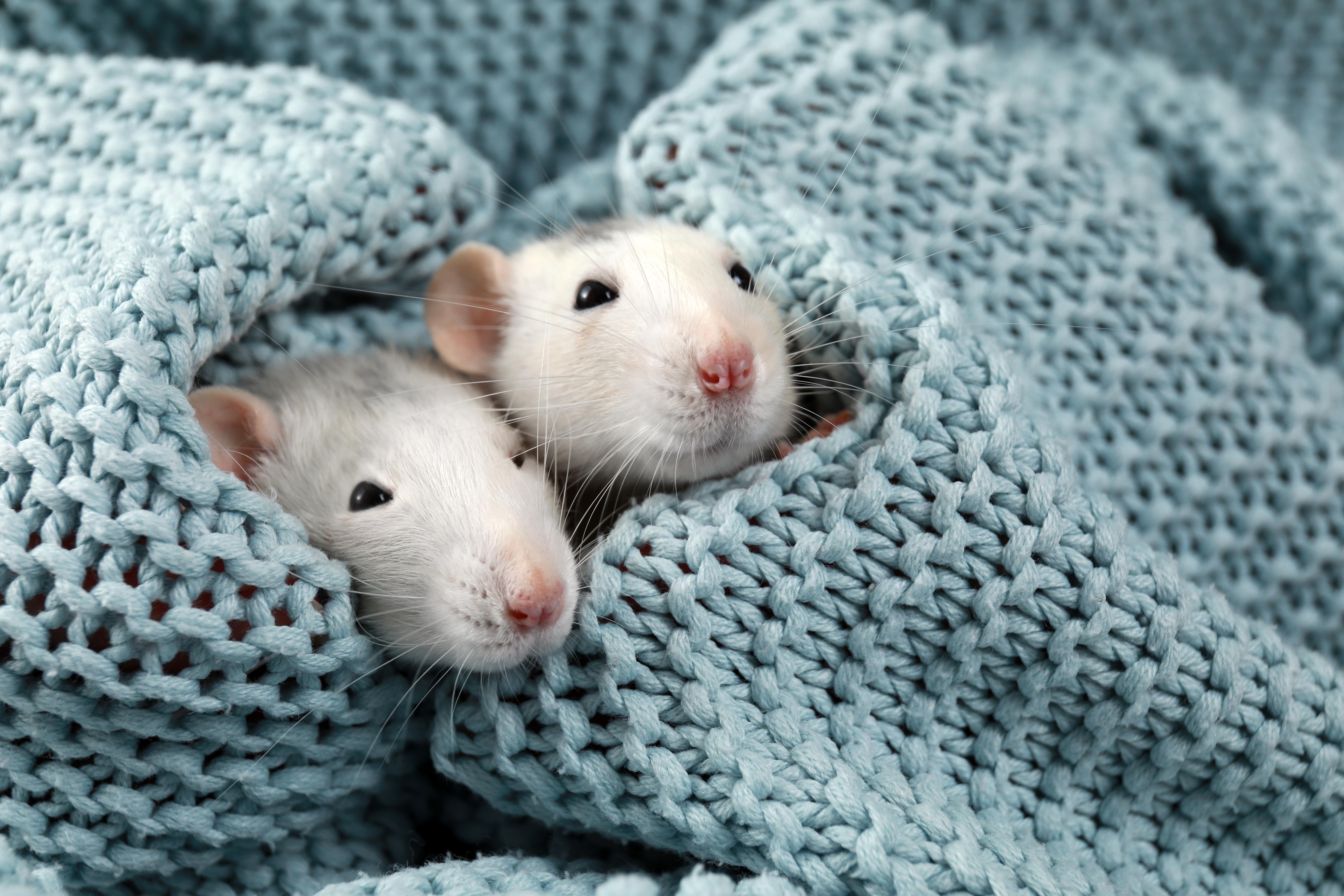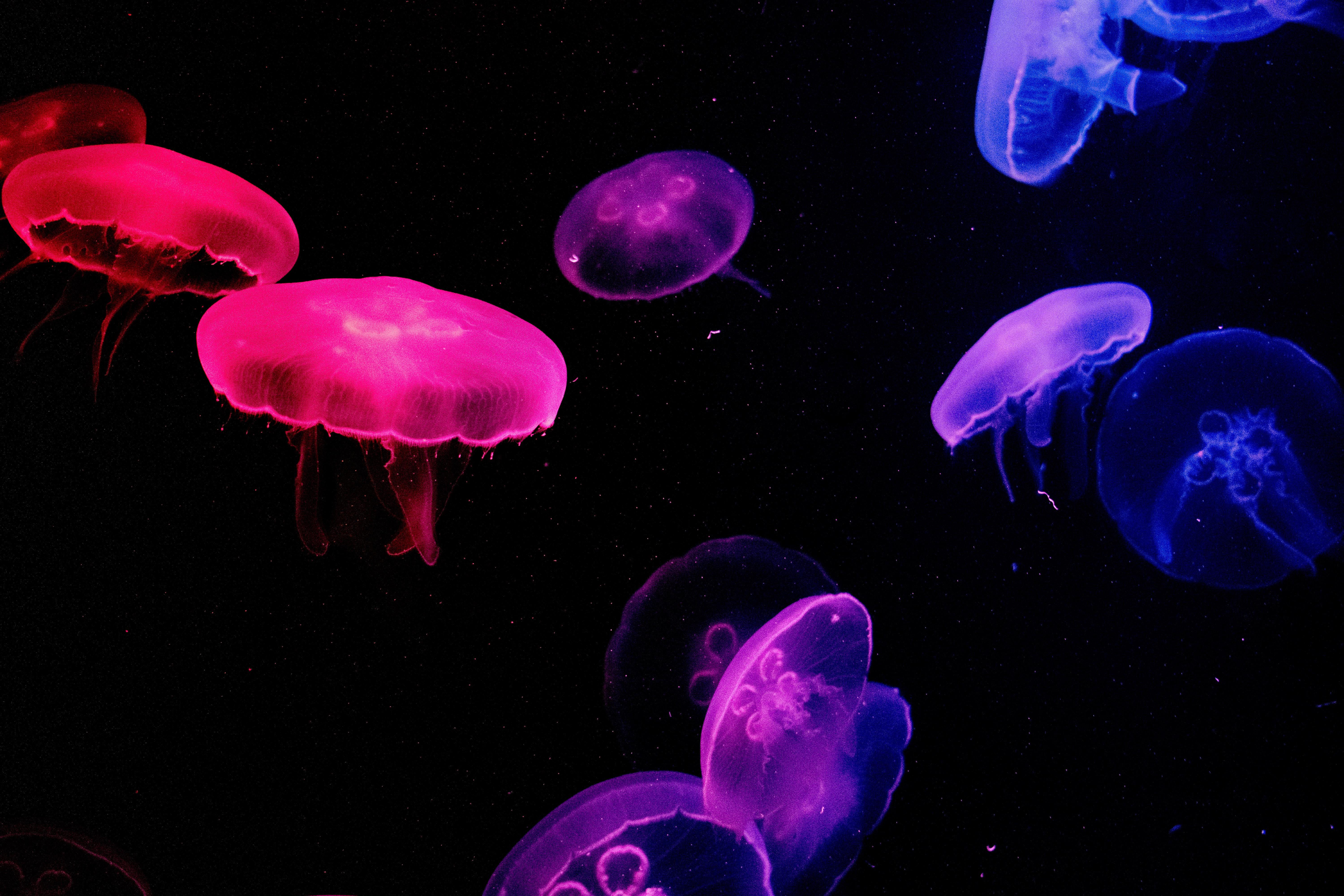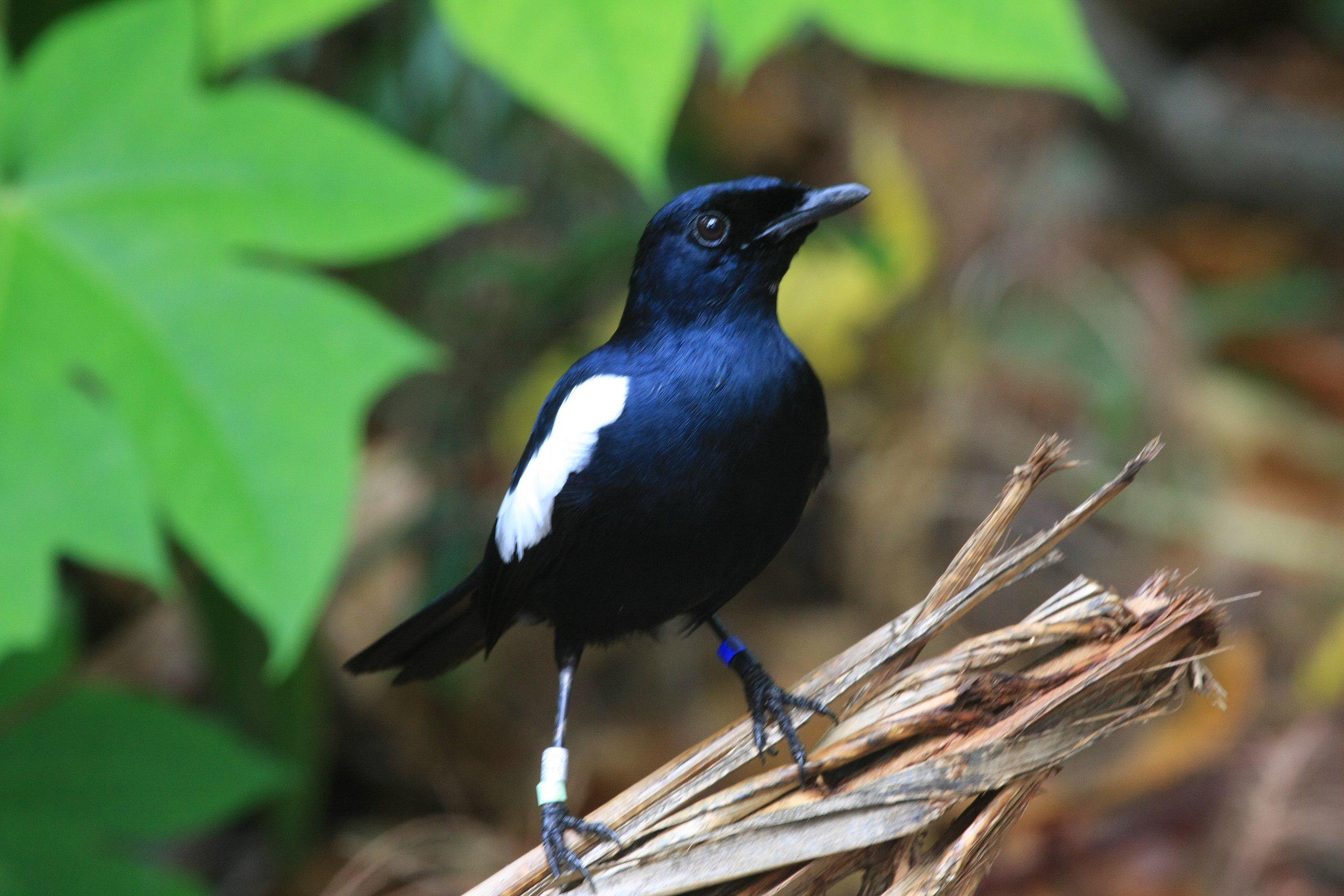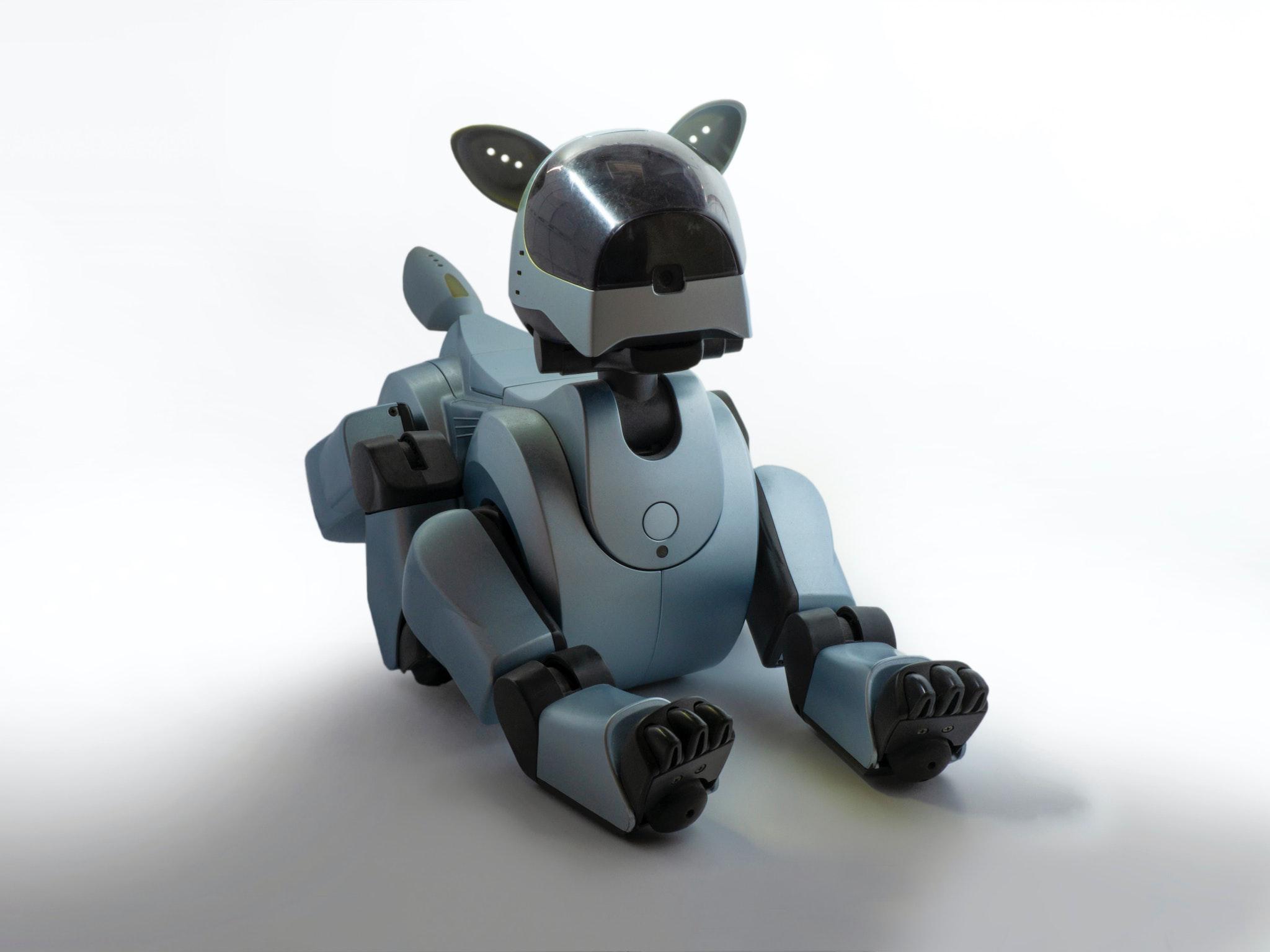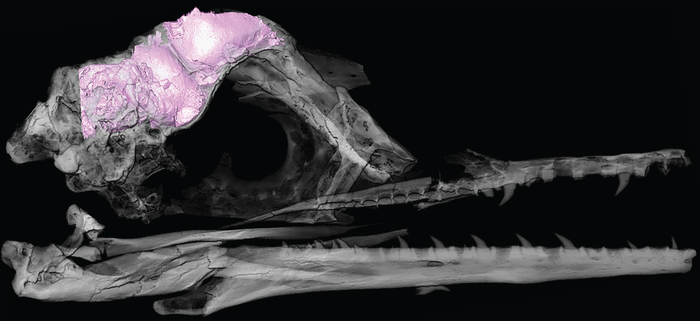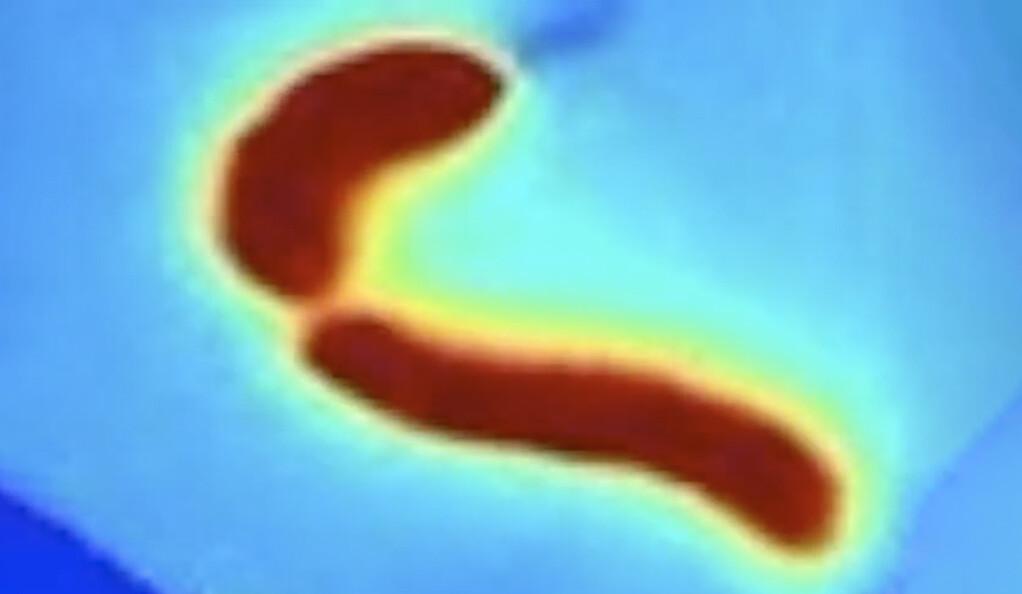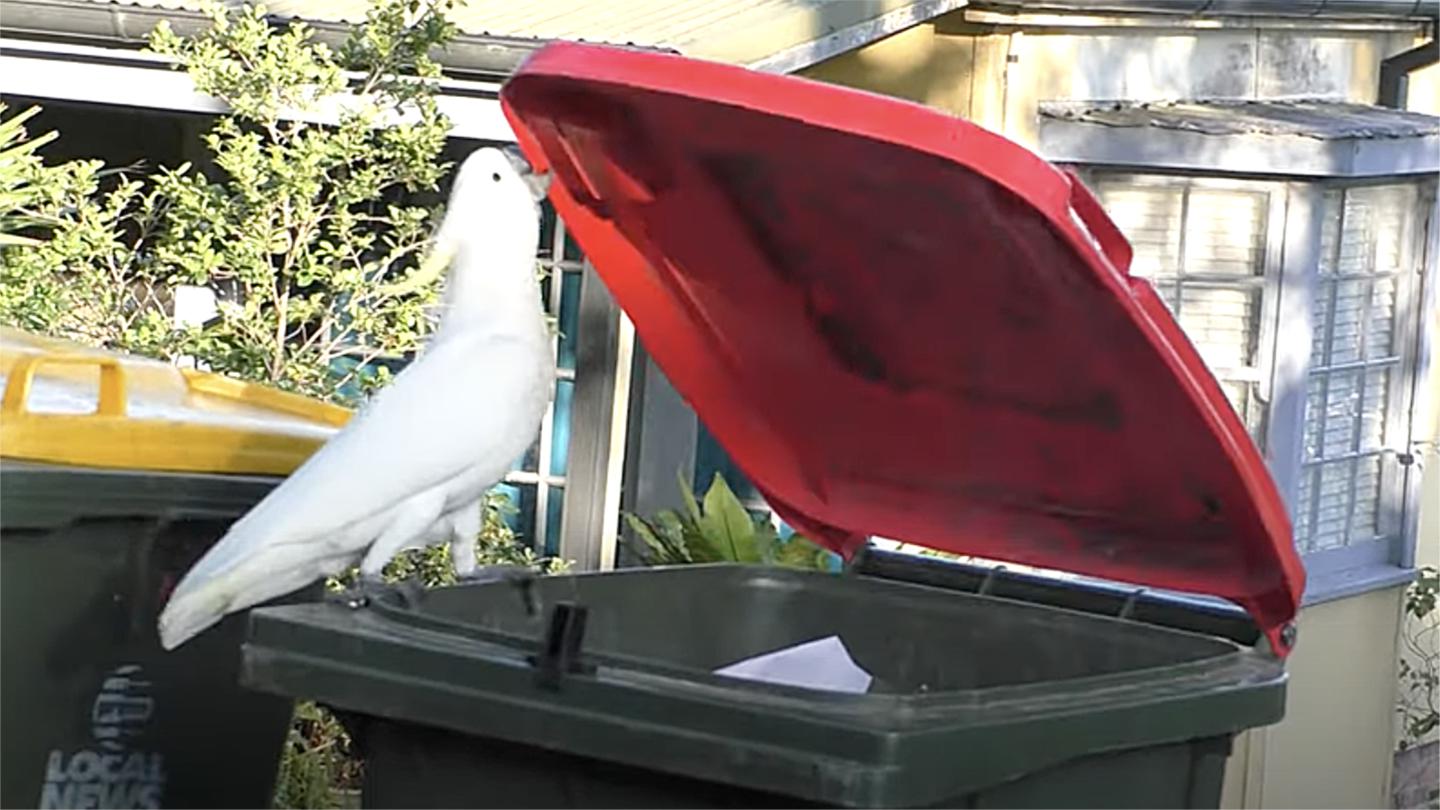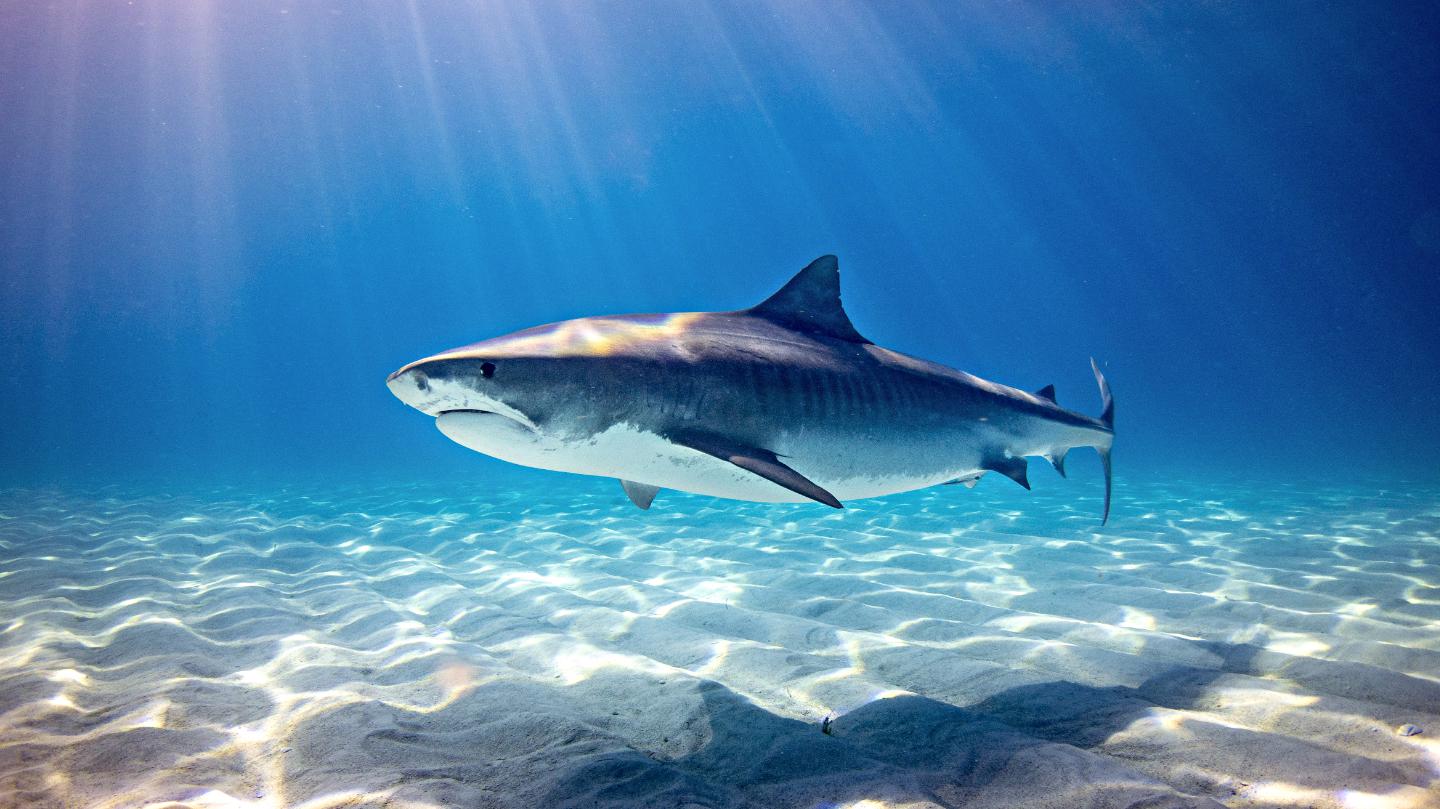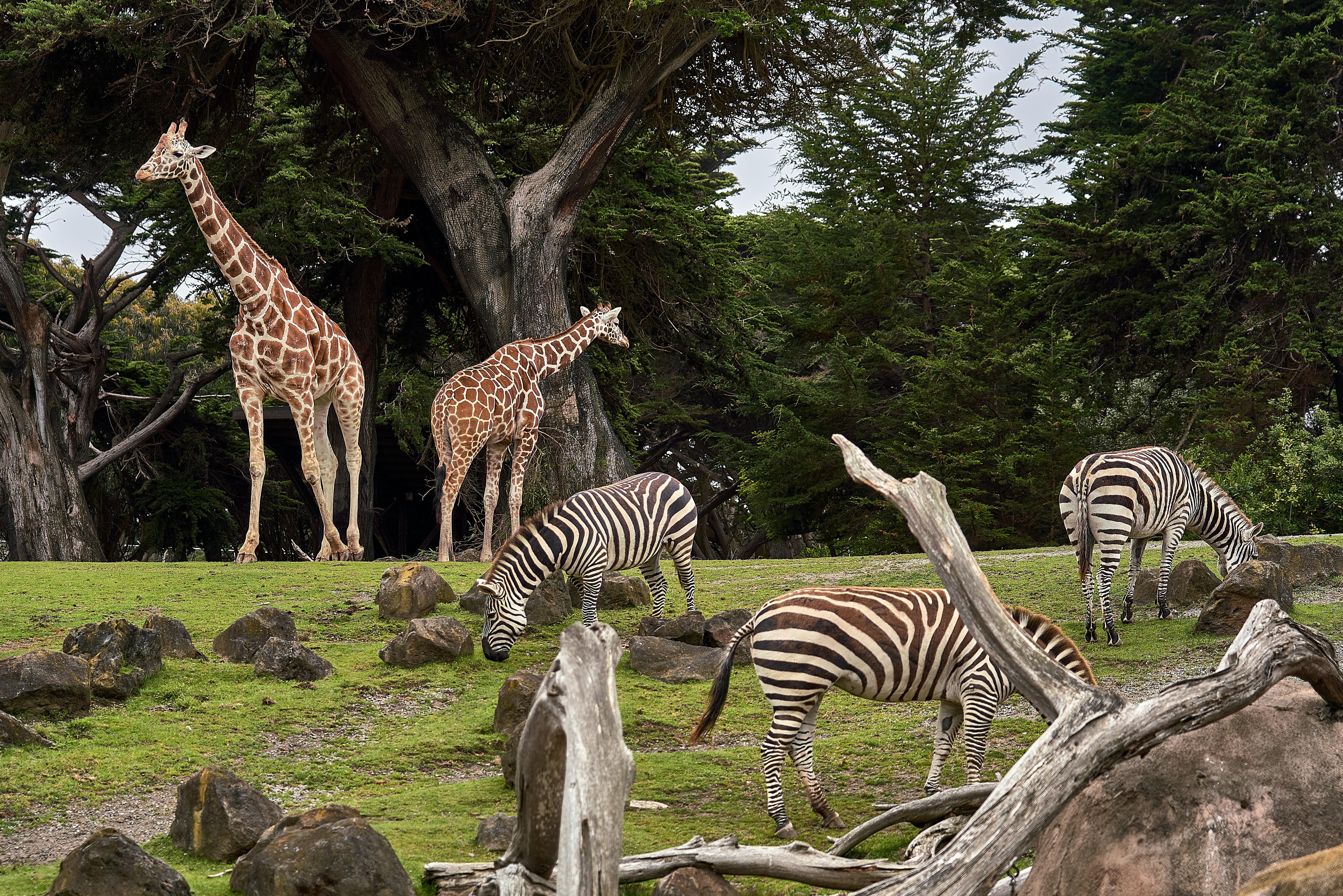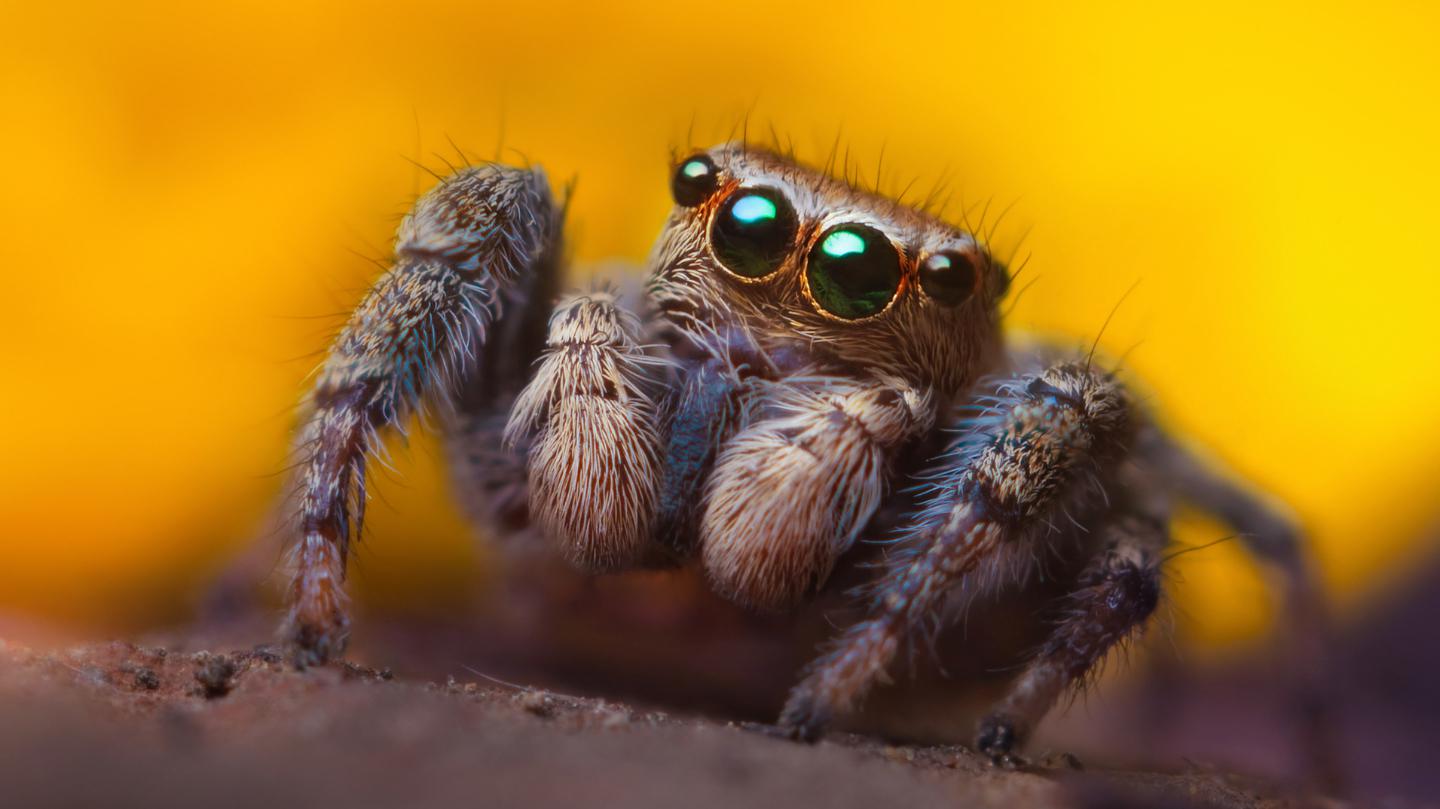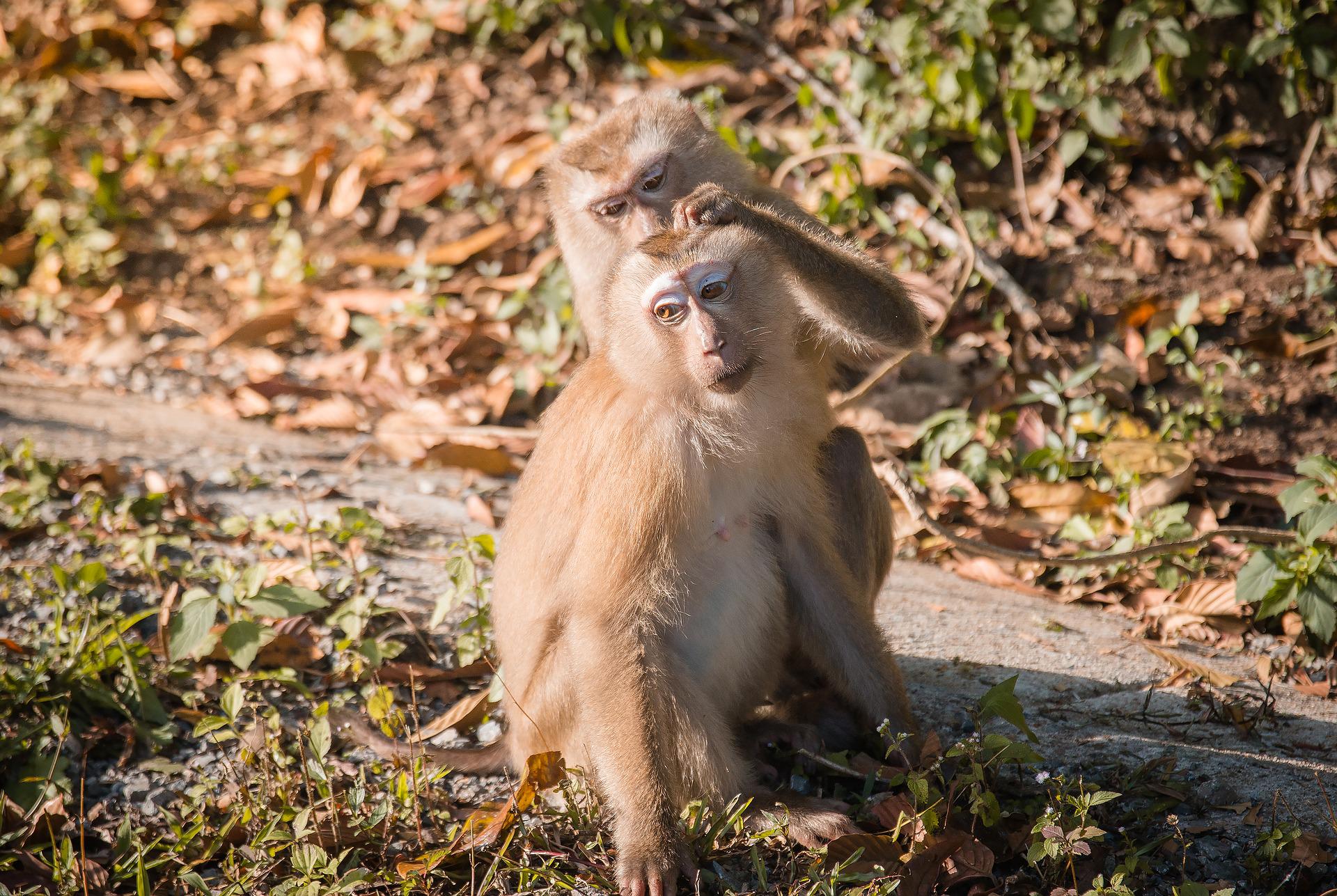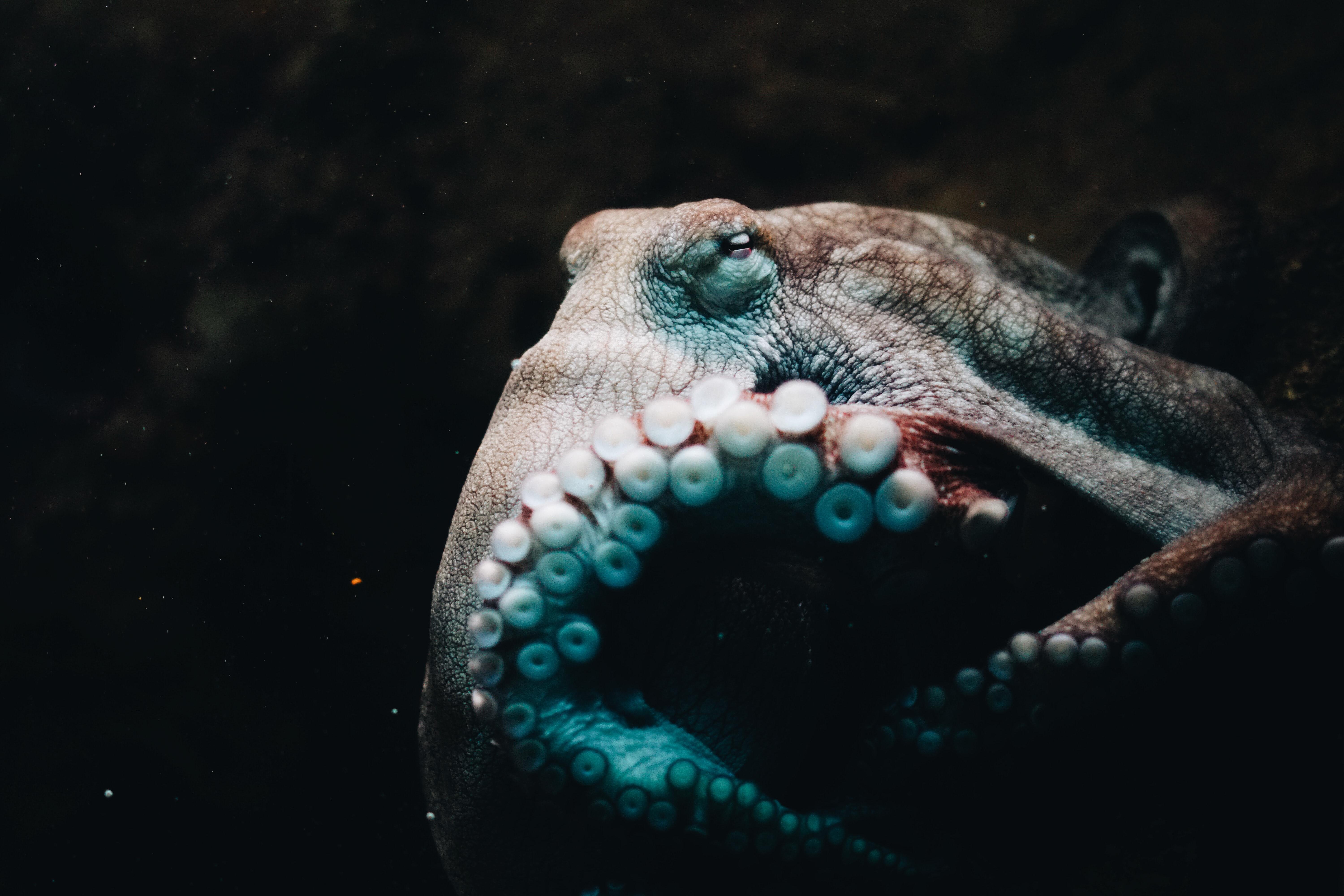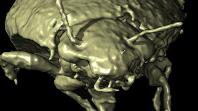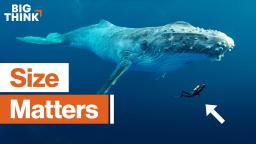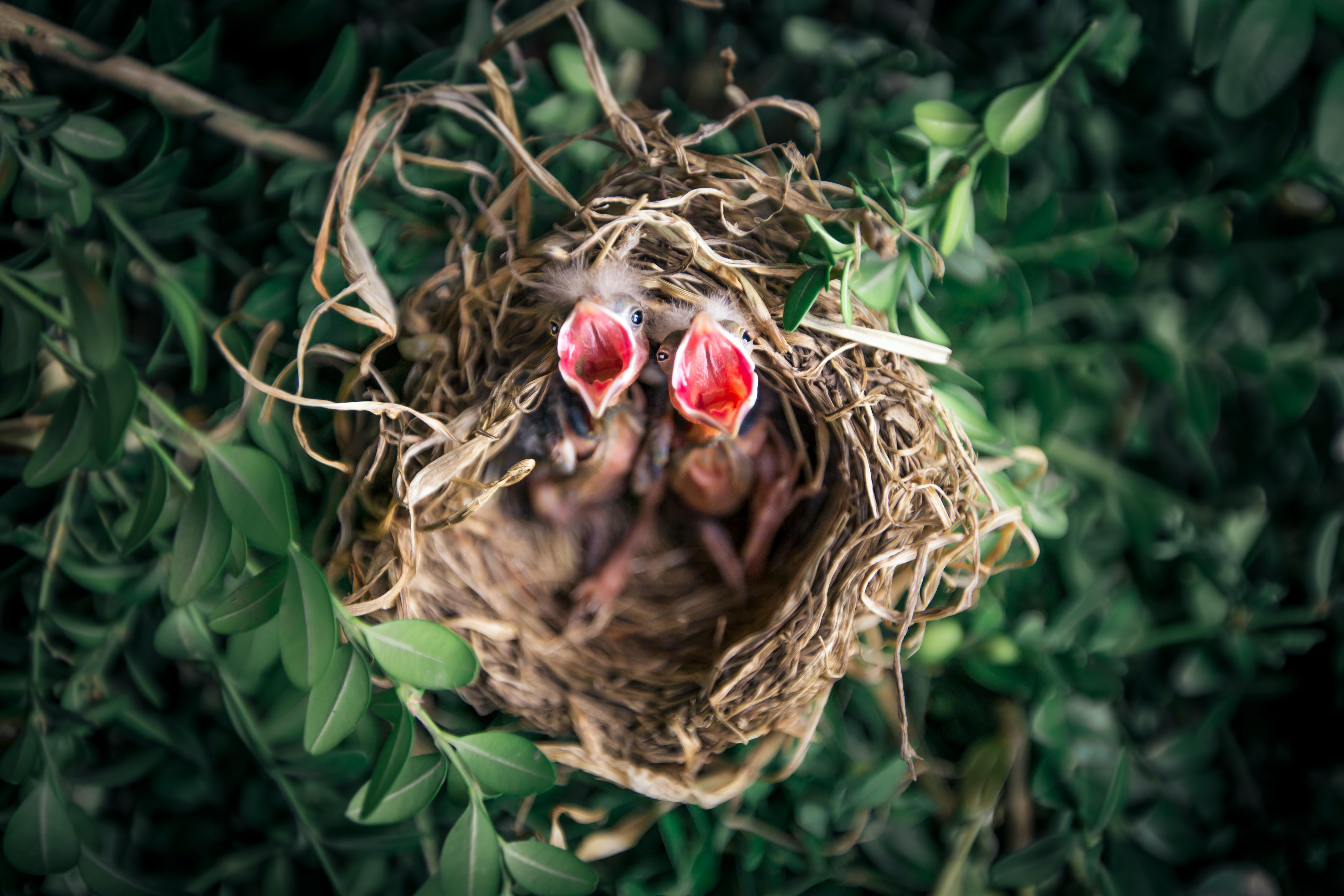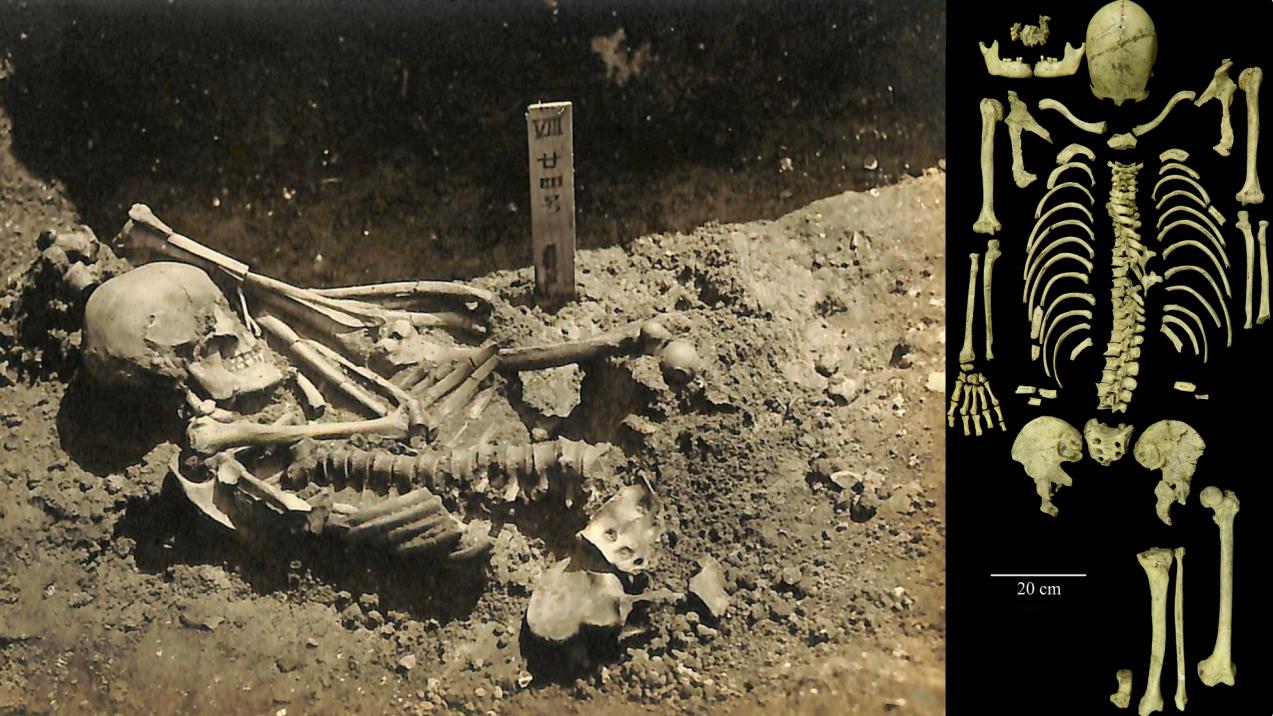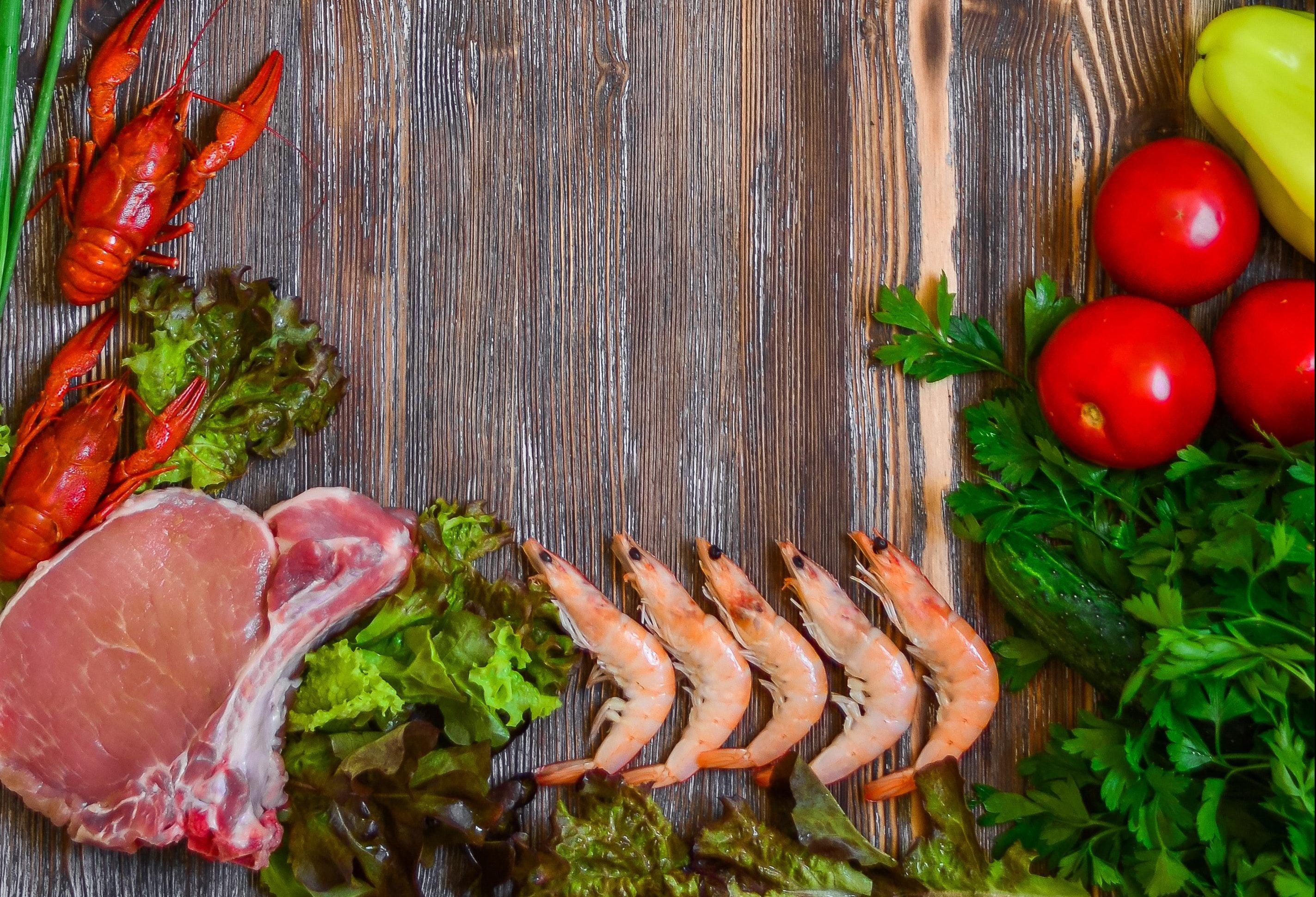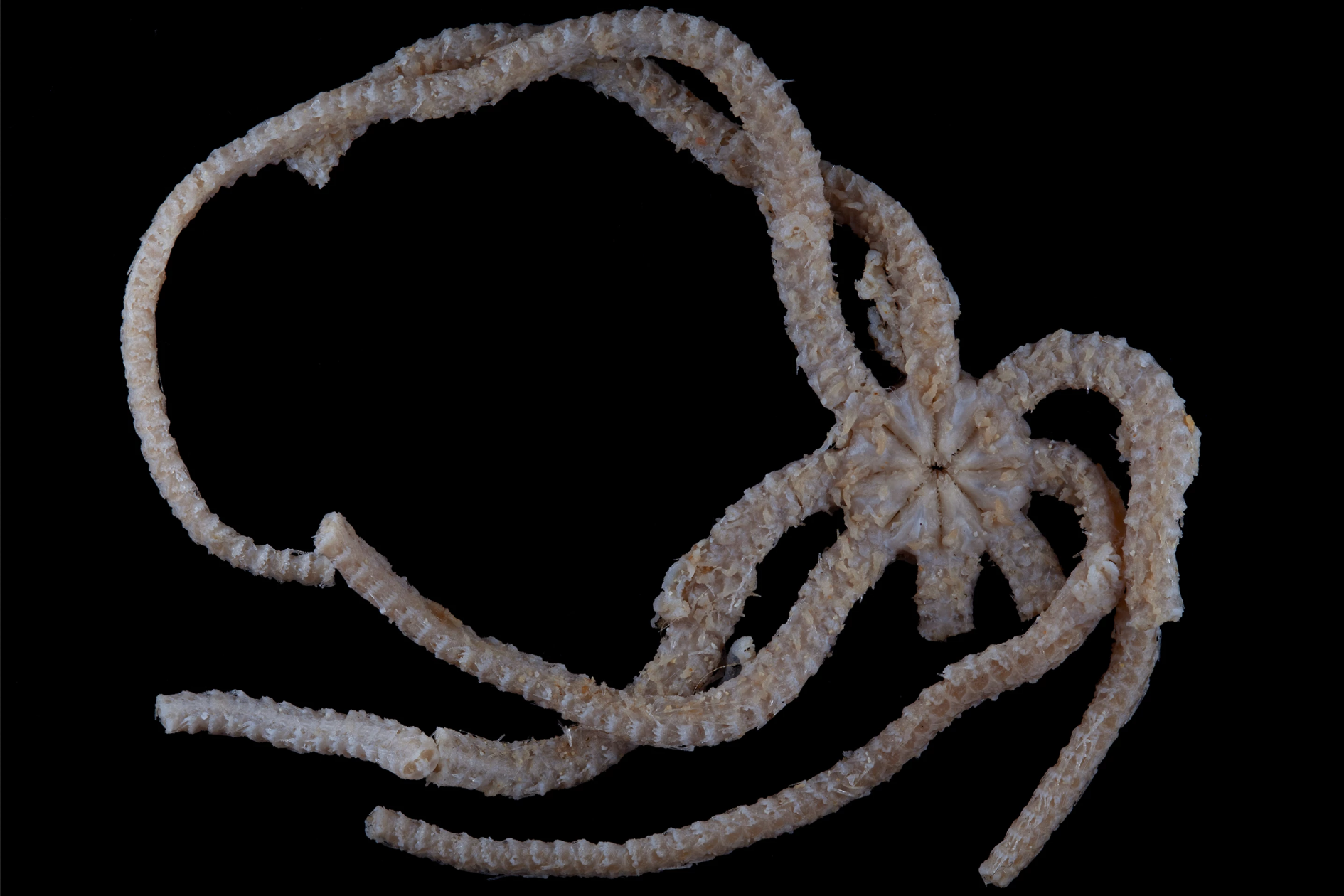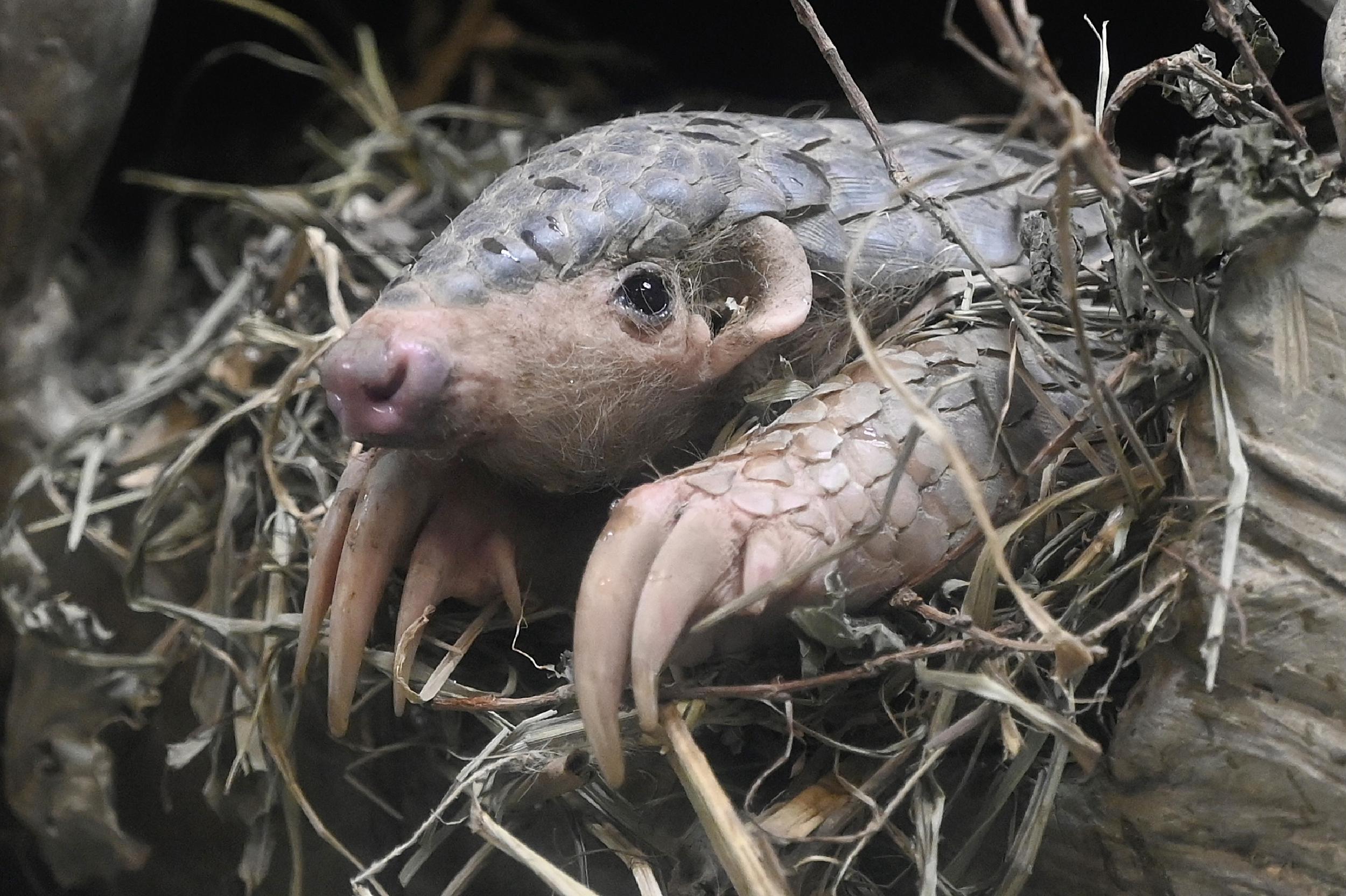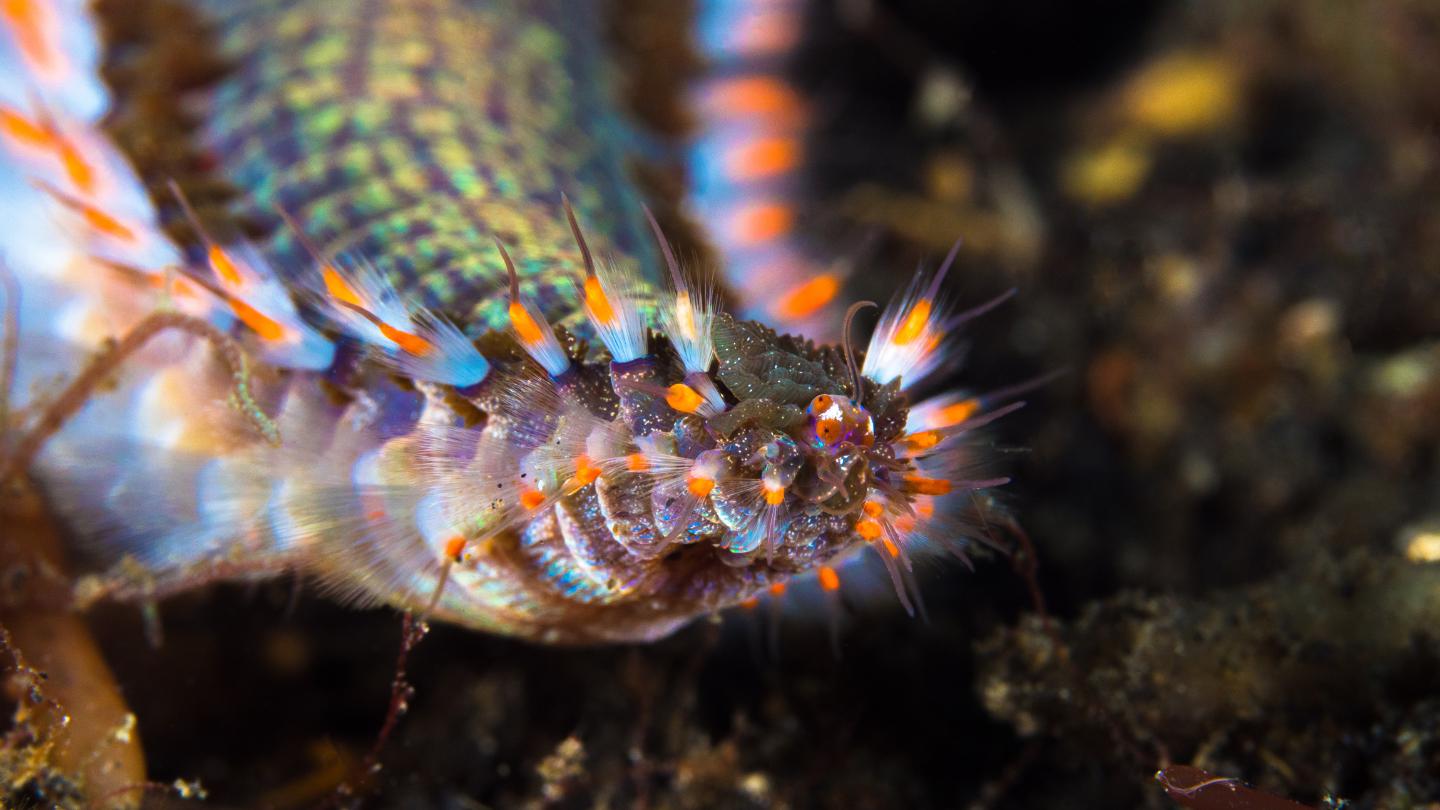animals
These enormous centipedes are straight out of science fiction.
A genetic study of British Columbia grizzly bears finds a weird link to local human languages.
While a squirrel’s life may look simple to human observers – climb, eat, sleep, repeat – it involves finely tuned cognitive skills.
A new tuna robot leads the way to more agile underwater robots and drones.
It is difficult to save a species that does not seem to care about saving itself.
Cancer cells seem to have a harder time growing among pair-bonded mice, according to a new study that explored the “widowhood effect.”
Three cutting-edge techniques – the gene-editing tool CRISPR, fluorescent proteins and optogenetics – were all inspired by nature.
The Seychelles magpie-robin is up for sale – yes, for sale – as a digital nature collectible.
Meet MIT’s Kate Darling, a robot ethicist who says that we should rethink our relationship with robots.
The brain of an ancient bird offers clues to the survival of its modern-day relatives.
A study finds that baby mammals dream about the world they are about to experience to prepare their senses.
Australian parrots have worked out how to open trash bins, and the trick is spreading across Sydney.
A new study tested to what extent dogs can sense human deception.
Evolution proves to be just about as ingenious as Nikola Tesla
The ethical debate over zoos is going to grow louder. There might be a solution that involves robots.
Eight-eyed arachnids can tell when an object’s movement is not quite right.
One man studied apes for 50 years. He says nature isn’t as cruel as you think.
The opening of jars, while impressive and often used to illustrate octopus intelligence, is not their most remarkable ability.
He’s studied apes for 50 years – here’s what most people get wrong.
▸
6 min
—
with
These bizarre mollusks have the ability to regenerate their bodies and to absorb other organisms’ attributes.
We eat 50 billion chickens every year. Is there a better way?
Discovering fossilized insects is difficult, but a new find suggests a unique place to look.
Humans could, in theory, one day use scaling laws to extend our lifespans.
▸
7 min
—
with
Evolutionary success is not about the number of one’s children, but one’s grandchildren: the children need to survive and pass on their genes.
The skeleton of the world’s oldest known shark attack victim exhibits telltale wounds.
A virtuous diet isn’t strictly vegan.
These distant cousins of starfish live on sea floors around the globe.
A new study reveals what caused most life on Earth to die out during the end-Permian extinction, also known as the Great Dying.
Traditional Chinese medicine and Vietnamese culture are driving the pangolin to extinction.
Metal-like materials have been discovered in a very strange place.
